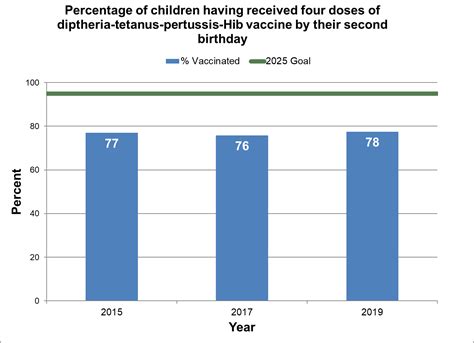The pet vaccination debate: To vaccinate or not to vaccinate?
This is a question that has been debated for many years with strong opinions on both sides. Some people believe that vaccines are essential for protecting their pets from serious diseases while others believe that vaccinations can be harmful and unnecessary.

In this article, we’ll explore the pros and cons of pet vaccination and help you make an informed decision about whether or not to vaccinate your pet.
The Pros of Pet Vaccination
1. Vaccines protect your pet from serious diseases
Vaccines work by exposing your pet to a weakened or inactivated form of a virus or bacteria. This allows your pet’s immune system to develop antibodies against the disease without actually getting sick. These antibodies will then protect your pet from future exposure to the disease.
2. Vaccines are safe and effective
Pet vaccines have been extensively tested and proven to be safe and effective. The vast majority of pets experience no side effects from vaccination.
3. Vaccines are required by law in many areas
In many areas, it is required by law to vaccinate your pet against certain diseases. This is because these diseases can be easily spread from one animal to another and can pose a serious threat to public health.
The Cons of Pet Vaccination
1. Vaccines can cause side effects
While most pets experience no side effects from vaccination, some pets may experience mild side effects such as soreness at the injection site, fever, or lethargy. In rare cases, more serious side effects such as allergic reactions or anaphylaxis can occur.
2. Vaccines can be expensive
The cost of pet vaccinations can vary depending on the type of vaccine and the number of vaccines that your pet needs.
3. Vaccines can interfere with your pet’s immune system
Some people believe that vaccines can interfere with your pet’s immune system and make them more susceptible to other diseases. However, there is no scientific evidence to support this claim.
To Vaccinate or Not to Vaccinate?
The decision of whether or not to vaccinate your pet is a personal one. There are both pros and cons to consider and you should weigh these factors carefully before making a decision. If you are unsure about whether or not to vaccinate your pet, talk to your veterinarian.
Here are some additional factors to consider when making your decision:
- Your pet’s age: Puppies and kittens are more susceptible to diseases than adult pets and may need more vaccinations.
- Your pet’s lifestyle: If your pet spends a lot of time outdoors or comes into contact with other animals, they are more likely to be exposed to diseases and may need more vaccinations.
- Your pet’s health: If your pet has a weakened immune system or is at high risk for a particular disease, they may need more vaccinations.
- Your budget: The cost of pet vaccinations can vary depending on the type of vaccine and the number of vaccines that your pet needs.
Conclusion
Ultimately, the decision of whether or not to vaccinate your pet is a personal one. There are both pros and cons to consider and you should weigh these factors carefully before making a decision. If you are unsure about whether or not to vaccinate your pet, talk to your veterinarian.





















